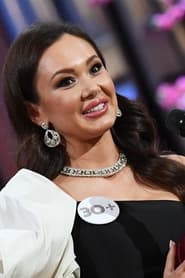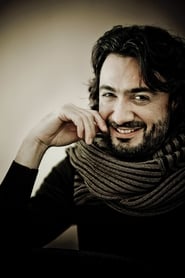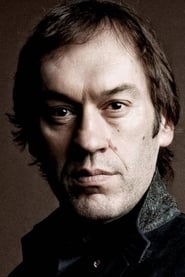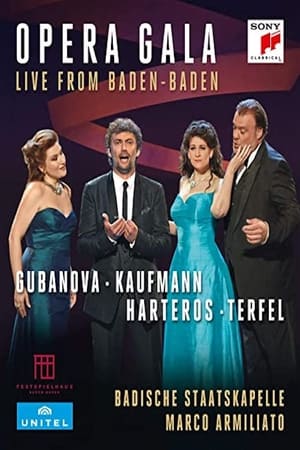
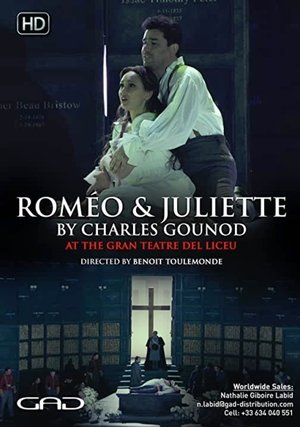
Romeo et Juliette - Liceu(2018)

Movie: Romeo et Juliette - Liceu
Top 10 Billed Cast
Romeo
Stéphano
Benvolio
Mercutio
Pâris
Grégorio
Frère Laurent

Romeo et Juliette - Liceu
HomePage
Overview
Release Date
2018-02-27
Average
7
Rating:
3.5 startsTagline
Genres
Languages:
ItalianoKeywords
Recommendations Movies
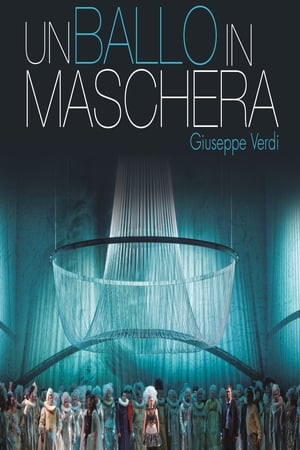 7.0
7.0Un Ballo in Maschera - Barcelona(en)
Envy and conspiracy, but also passionate loves, jealousy, revenge and final forgiveness come together in the masterpiece of Verdi, which aroused the anger and prohibitions of censors of the time until the composer and librettist was compelled to make changes in it: from the original Sweden to far away Boston. The great Polish tenor Piotr Beczala returns to the Liceu with one of his opening credits, accompanied by the soprano Keri Alkema. Vincent Boussard’s sets reinforce the dark and mysterious atmosphere surrounding the piece, which features costumes by Christian Lacroix and Vincent Lemaire’s sober staging, which allows one to focus their attention on the dramatic core of the score. The cast, directed by a true specialist like Renato Palumbo, also presents a leader in Verdian song: Dolora Zajick.
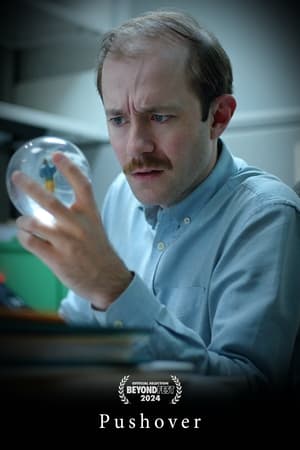 8.3
8.3Pushover(en)
A man's life is upended by increasingly threatening phone calls demanding he leave a review for a paperweight purchased online.
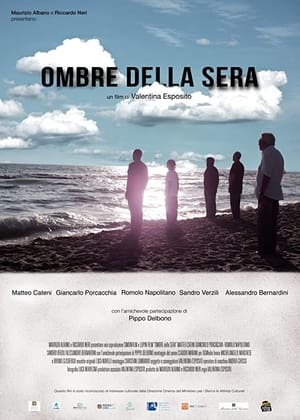 0.0
0.0Shadows of the Evening(it)
Intertwining stories of inmates and ex-inmates through the complex labyrinths of freedom. Wretched, desolate and doomed men, who try to expiate their sins and piece together the lives they used to lead.
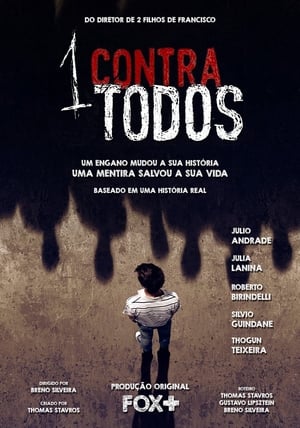 5.0
5.01 Contra Todos: O Filme 2(pt)
Two years after leaving prison, Cadu sets out to fight corruption and pursue a political career, but dangerous ties to the past haunt him.
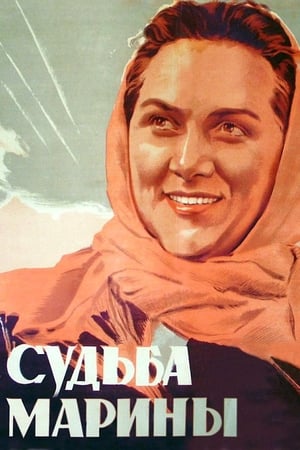 4.5
4.5Marina's Destiny(ru)
Marina's Destiny (Russian: Судьба Марины, Sudba Mariny) is a 1953 Soviet drama film directed by Viktor Ivchenko. It was entered into the 1954 Cannes Film Festival.
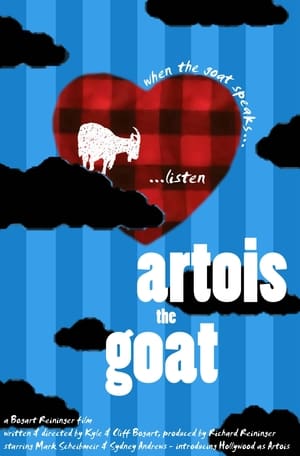 4.1
4.1Artois the Goat(en)
Lab technician Virgil Gurdies struggles to choose between his truelove Angie and his newfound quest to create the greatest goat cheese the world has ever known.
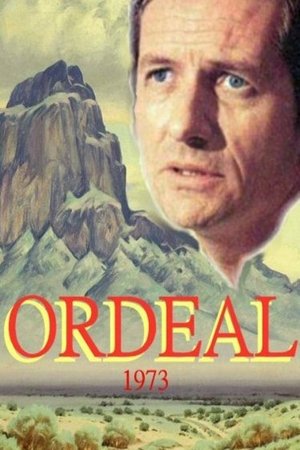 5.1
5.1Ordeal(en)
Left to die in the desert by his wife and her lover, a businessman fights to survive and get his revenge.
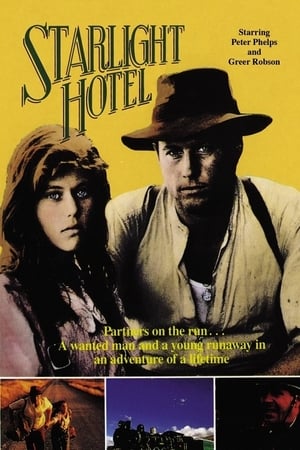 5.9
5.9Starlight Hotel(en)
During the Great Depression, Kate (Greer Robson) is a 13-year-old girl living on New Zealand's South Island. When her mother dies and her father is offered a job in Wellington on North Island, Kate is sent to live with an aunt. The girl runs away to find her father, hopping onto a boxcar and befriending a fellow fugitive, Patrick (Peter Phelps), an emotionally battle-scarred WWI veteran fleeing the authorities after injuring a repo man. Pretending to be father and daughter, Patrick and Kate use each other for cover as they make their way across New Zealand, sleeping under the stars and championing the rights of destitute farmers and homeless squatters whose fortunes have been wiped out by economic hardship.
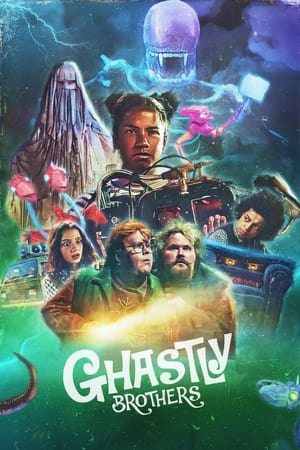 6.7
6.7Ghastly Brothers(nl)
Lilith meets the Ghastly brothers, a pair of strange ghost hunters, at boarding school. When the school falls prey to an infestation of ghosts, they go head-to-head against a horde of fearsome spirits and demonic apparitions in a supernatural battle to save the day.
 8.0
8.0Unholy Matrimony(en)
He's after a man who married for money. Insurance money.
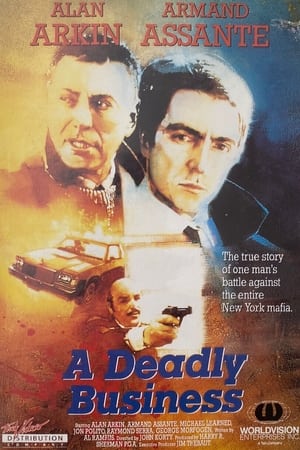 5.0
5.0A Deadly Business(en)
The movie, and true story, is about how Harold began working for the garbage industry in New Jersey only to find out that it was run by the Mafia. Having been in and out of jail most of his life, Harold feared more jail time and so went to the FBI. Harold went undercover to get as much illegal information that he could. The information he got helped put away dozens of Mafia men. Harold is currently in the witness protection program.
Dear Enemy(sq)
Dear Enemy tells the true story of the director’s grandfather who became friends with a German officer during the WWII German occupation of Albania while hiding a partisan, an Italian soldier and a Jewish watchmaker in his cellar.
 5.8
5.8The Sixties: The Years That Shaped a Generation(en)
It was a time when a generation rebelled and lost its innocence. From the Vietnam War to the struggle for racial equality to the birth of a counter-culture explosion, the 1960s was a decade of change, experimentation and hope that transformed an entire nation. The two-hour documentary features revealing interviews with the prominent figures of the era including: Barbara Ehrenreich, Daniel Ellsberg, Jesse Jackson, Tom Hayden, Arlo Guthrie, Henry Kissinger, Norman Mailer, Robert McNamara, Ed Meese III and Bobby Seale. Also released as a one-hour documentary called "1968: The Year that Shaped a Generation."
Similar Movies
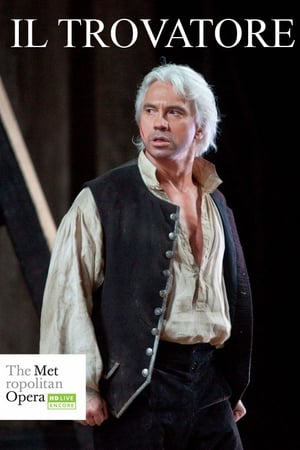 8.0
8.0The Met — Il Trovatore(it)
Soprano Anna Netrebko appears in her highly anticipated Met role debut as Leonora, the tortured heroine who sacrifices her own life for the love of the Gypsy troubadour. Dmitri Hvorostovsky sings Count di Luna, Yonghoon Lee is Manrico in his Met role debut as the title character, Dolora Zajick sings her signature role of the gypsy Azucena, and Štefan Kocán is Ferrando. Marco Armiliato conducts Sir David McVicar’s Goya-inspired production.
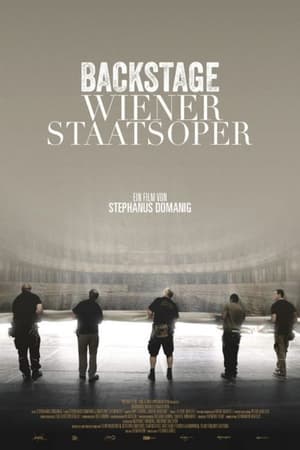 0.0
0.0Backstage Vienna State Opera(de)
This film takes us behind the scenes of the magical events of the world famous Vienna State Opera. These one-of-a-kind scenes and fast-paced, brilliant moments are intense, vivid, full of passion and captivating music.
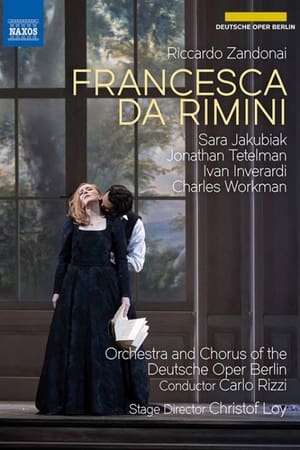 0.0
0.0Francesca Da Rimini(it)
This 2021 Deutsche Oper Berlin performance is directed by Christof Loy and stars soprano Sara Jakubiak in the title role. Riccardo Zandonai’s Francesca da Rimini is a four-act opera set during the Renaissance period. The plot concerns an arranged marriage between Francesca and Giovanni, also known as Gianciotto, who is impersonated by his handsome brother Paolo, and with whom Francesca falls passionately in love.
Lady Macbeth of Mtsensk(ru)
A young woman, married to a wealthy man, but miserably lonely; trapped within a world ruled with an iron fist. Katerina is driven by a lust for life and for love. Her husband, though, is impotent; her father-in-law a tyrant. No wonder, then, that she longs to free herself from this yoke. When Sergei starts work on the family estate, she sees in him a chance for salvation. However, their subsequent affair marks the beginning of a descent into crime.
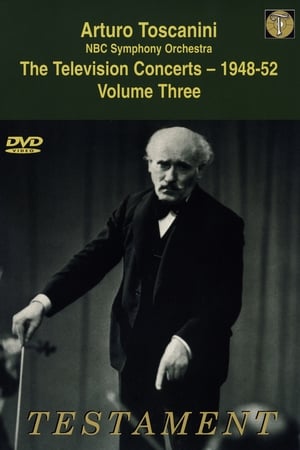 0.0
0.0Toscanini: The Television Concerts, Vol. 5: Verdi: Aida(en)
The historic Toscanini television concerts with the NBC Symphony Orchestra. This concert, broadcast in two parts, on 26 March and 2 April 1949, from NBC Studio 8H, features the opera "Aida" by Giuseppe Verdi. (Both broadcasts were released as "Vol. 3" in the DVD series.)
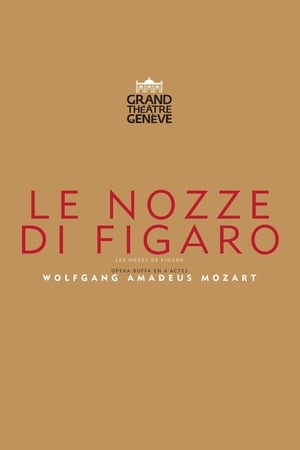 0.0
0.0The Marriage Of Figaro - Grand Théâtre de Genève(it)
The production bears the imprint of the conductor, Marko Letonja, and the director, Tobias Richter, whose understanding is ideal: both breathe a troupe spirit - specific to comedy - into this heterogeneous cast, which brings together young and old. Both give as much importance to recitatives as to arias and ensembles.
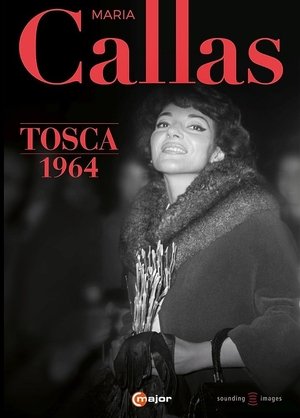 0.0
0.0Maria Callas Sings Tosca, Act II(en)
At the beginning of 1964, the music world experiences something completely unexpected. Maria Callas returns to the opera stage as the prima donna. Her “Tosca” at the Royal Opera House becomes a sensation. Maria Callas wants to show everyone once again that she deserves the title of “prima donna assoluta.” On the condition that star director Franco Zeffirelli take over the direction, the exceptional singer agrees to sing the role of Tosca. The BBC recorded the 2nd act of the opera for television. It is one of the most dramatic acts in opera history: in order to free the painter Cavaradossi from the hands of torturers, Tosca ends up murdering the police chief Scarpia. The film footage is one of the rare opportunities to see Maria Callas in an opera performance and to experience her highly emotional performance art and vocal abilities...
 8.1
8.1Die Walküre(de)
The gorgeous and evocative Otto Schenk/Günther Schneider-Siemssen production continues with this second opera in Wagner’s Ring cycle. Hildegard Behrens brings deep empathy to Brünnhilde, the favorite daughter of the god Wotan (James Morris) who nevertheless defies him. Morris’s portrayal of Wotan is deservedly legendary, as is Christa Ludwig, as Fricka. Jessye Norman and Gary Lakes are Sieglinde and Siegmund, and Kurt Moll is the threatening Hunding. James Levine and the Met orchestra provide astonishing color and drama. (Performed April 8, 1989)
 7.5
7.5Siegfried(de)
Siegfried is the third of the four operas that constitute Der Ring des Nibelungen (The Ring of the Nibelung), by Richard Wagner.
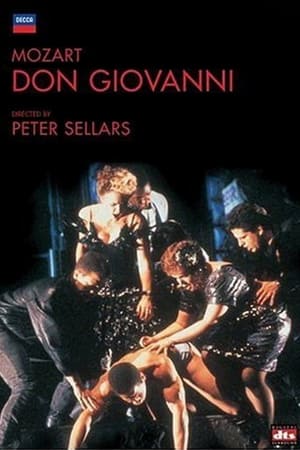 7.0
7.0Don Giovanni(it)
This production was originally staged for the Pepsico Summerfare Festival, The International Performing Arts Festival of the State University of New York at Purchase. Leaving the lyrics in their original Italian, acclaimed American director Peter Sellars transports Wolfgang Amadeus Mozart's "Don Giovanni" to a modern-day metropolis, nestling the opera's beloved characters among the brownstones of New York City's Harlem. Sellars's contemporary retelling of a classic musical tale is one of three performances in a Mozart series that also includes "Le Nozze di Figaro" and "'Così Fan Tutte."
 6.6
6.6Farinelli(fr)
The life and career of Italian opera singer Farinelli, considered one of the greatest castrato singers of all time.
 8.0
8.0Amadeus(en)
Disciplined Italian composer Antonio Salieri becomes consumed by jealousy and resentment towards the hedonistic and remarkably talented young Viennese composer Wolfgang Amadeus Mozart.
 7.1
7.1The Phantom of the Opera(en)
The deformed Phantom who haunts the Paris Opera House causes murder and mayhem in an attempt to make the woman he loves a star.
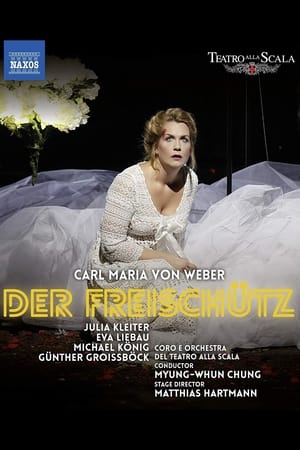 0.0
0.0Der Freischütz(de)
Weber was at the forefront of the rise of German Romantic opera and sought to dethrone Rossini from his position as the leading operatic composer in Europe. In his breakthrough and most popular opera Der Freischütz (The Marksman) composed in 1821, he succeeded in his aim of establishing a truly German form. Turning to the folklore and folk songs of his native land he took a story of a marksman who makes a pact with the Devil, vesting it with powerful intensity not least in the famous Wolfs Glen scene and an astonishing control of orchestral color and atmosphere.
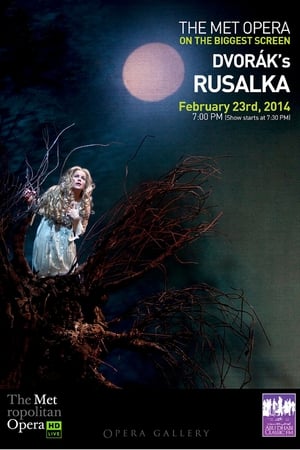 0.0
0.0The Metropolitan Opera: Rusalka(en)
Renée Fleming sings one of her signature roles, the title character in Dvořák’s sumptuously melodic Rusalka. The story of the opera, which is about a water spirit’s tragic romance with a human prince, is drawn from several folktale sources including Hans Christian Andersen’s “The Little Mermaid.” Star conductor Yannick Nézet-Séguin leads a cast that also includes Piotr Beczala as the handsome Prince whom Rusalka yearns to love; Dolora Zajick as the cackling swamp witch Ježibaba; Emily Magee as the Foreign Princess, Rusalka’s rival; and John Relyea as Rusalka’s father, the Water Sprite.
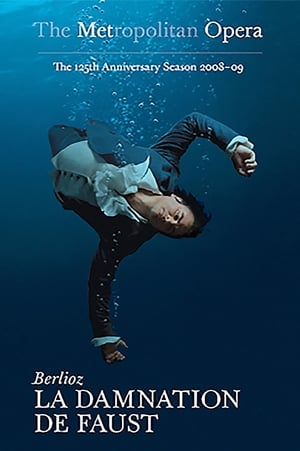 10.0
10.0Berlioz: La Damnation de Faust(fr)
Radiant mezzo-soprano Susan Graham and dashing Italian tenor Marcello Giordani are unlucky lovers in La Damnation de Faust, Hector Berlioz’s classic take on dancing with the devil.
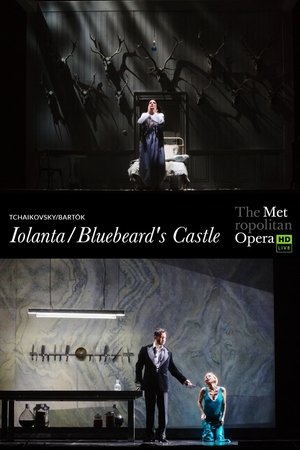 5.0
5.0Tchaikovsky: Iolanta / Bartók: Bluebeard's Castle(ru)
Valery Gergiev conducts Mariusz Trelinski’s thrilling new production of these rarely heard one-act operas. Anna Netrebko stars as the blind princess of the title in Tchaikovsky’s lyrical work, opposite Piotr Beczala as Vaudémont, the man who wins her love—and wakes her desire to be able to see. Nadja Michael and Mikhail Petrenko are Judith and Bluebeard in Bartók’s gripping psychological thriller about a woman discovering her new husband’s murderous past.
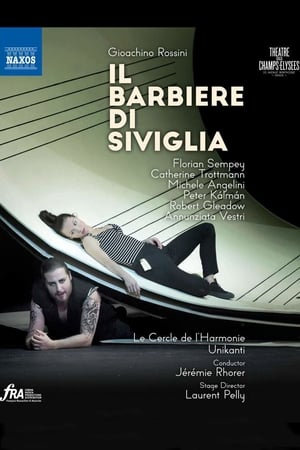 0.0
0.0Rossini: Il Barbiere di Siviglia (Théâtre des Champs-Élysées, 2017)(en)
This is Laurent Pelly’s Théâtre des Champs-Élysées staging of Rossini’s Il barbiere di Siviglia, with a cast featuring Florian Sempey as Figaro, Catherine Trottmann as Rosina, and Michele Angelini as Il Conte Almaviva. Jérémie Rhorer conducts Le Cercle de l-Harmonie.
 0.0
0.0Puccini: La bohème(it)
"La Bohème" is one of Giacomo Puccini's most popular and timeless works and the second-most performed opera at New York's Metropolitan Opera. This production, directed by the legendary Franco Zeffirelli, features José Carreras, Teresa Stratas, Renata Scotto and Richard Stilwell. The opera is replete with extraordinary visual beauty as it presents the tragic story of young bohemians struggling to make it in the world.
